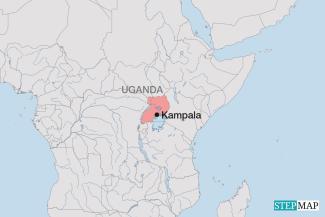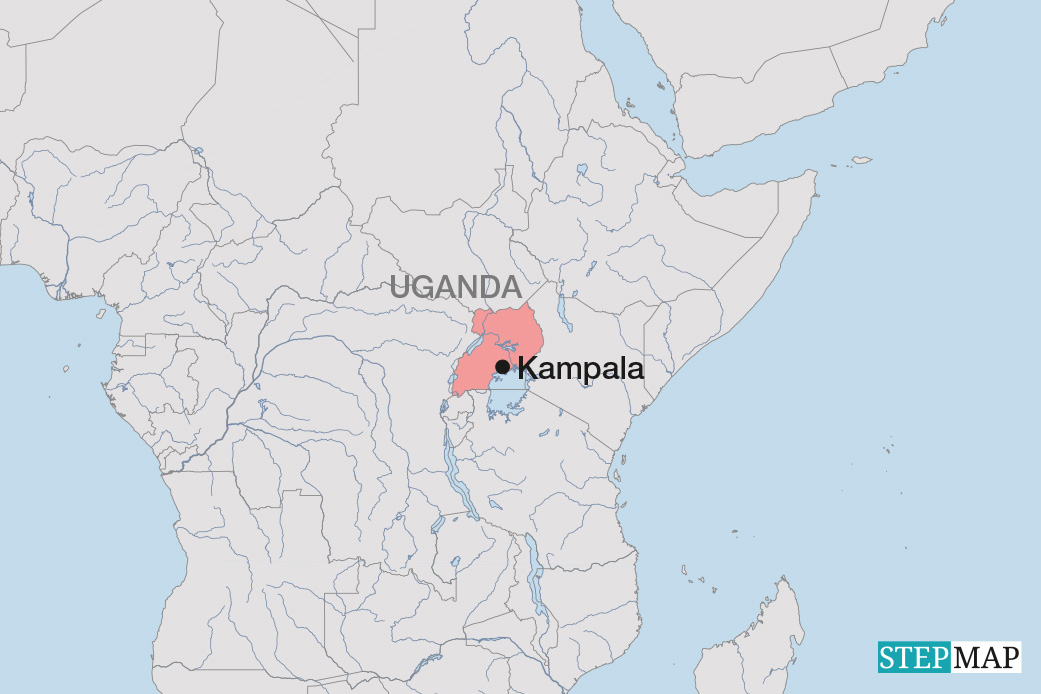Public transport
Electric motorcycles are transforming urban transport in Uganda

In the congested streets of Uganda’s capital Kampala, a quiet revolution is underway. More and more motorcycle taxis, known locally as boda bodas, are running on electricity. They offer an affordable, low-emission alternative to petrol bikes and create new opportunities for riders in Uganda’s informal transport sector.
This shift is boosted by partnerships between private innovators and policymakers. In May 2025, for example, over 1500 electric motorcycles had already been financed by the nation’s leading electric vehicle financing company MOGO Uganda. The first models allow riders to pay back manageable loans and benefit from lower operating costs. “I used to spend 10,000 Ugandan shilling (UGX) on fuel for 70 kilometres. Now I ride 80 kilometres on UGX 8,000 – and my income has tripled,” says Bashir Mutumba, one of MOGO’s clients. 10,000 UGX are equivalent to about $ 2.80.
Clean rides and rising incomes
Uganda’s ride-hailing service SafeBoda recently introduced an electric vehicle (EV) tier, working with EV manufacturers, charging infrastructure providers and the Ministry of Science, Technology and Innovation. “Empowering EV riders has many potential benefits – it offers sustainable transport and can boost social and economic development at the same time,” says CEO Rob Sanford.
According to many riders, further benefits are the lower costs and the lower environmental impact. “It doesn’t make noise, there are no fumes, and it costs less to operate,” says Taliiwo Isaac. With petrol, he earned UGX 20,000 a day. Now with his electric boda, he brings in UGX 40,000 to 70,000. His words resonate with many in Uganda’s boda boda business – a sector often responsible for noise and congestion, but still elementary for many people’s livelihood. Furthermore, according to GOGO Electric, one of the nation’s leading EV companies, each e-boda saves up to 1.8 tonnes of CO₂ emissions annually.
Women take the wheel
With the shift towards more electric boda bodas, the traditionally male-dominated industry is slowly also becoming more diverse. EV companies like Spiro and local initiatives such as Green Hub are encouraging more women to take up riding. Amina Nanteza, one of a growing number of female riders, explains: “I find it easy to navigate Kampala’s traffic. The more women we see in this space, the safer the roads will become.”
The transformation towards e-bodas depends heavily on infrastructure. Solar-powered charging stations are being installed along major routes such as the one from Kampala to the city of Masaka. A project implemented in 2021/2022 by GIZ, Germany’s bilateral cooperation agency, recorded around 240 registrations from riders who were interested in operating e-bodas along the Kampala-Masaka corridor. The first 22 riders commuting along the corridor have saved around 10 tons of CO₂ emissions in about half a year, according to data from Zembo, a private company involved in the project.
Despite this progress, electric motorcycles still make up less than one percent of Kampala’s estimated 150,000 bodas. High upfront costs, limited government subsidies and unequal access to charging infrastructure are remaining barriers, some riders say. “We need consistent long-term incentives,” says Gaurav Anand from Spiro Uganda. “In one year, EV boda numbers grew from under 1000 to over 4000.”
And yet, the recent push of Uganda’s e-mobility shows that collaboration works and that efforts are worthwhile. By combining policy support, affordable financing and technical innovation, electric boda bodas are not only reducing emissions and cutting transport costs but also creating a quieter environment.
Sheillah Abaho is a Ugandan writer based in Kampala.
sheilaabaho2@gmail.com











